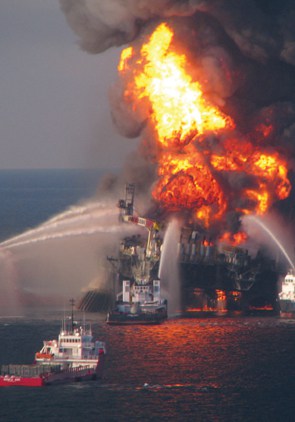In June 2010 WorkSafe WA began investigating the 2008 death from heat stroke of 46-year-old aboriginal elder Mr Ward. According to one media report :
“A broken air conditioner forced Mr Ward to endure temperatures above 50 degrees during the non-stop, four-hour journey to face a drink-driving charge in court.”
The same article noted that in June 2010 the Director of Public Prosecutions Joe McGrath announced that no charges would be laid against two security guards over the 46-year-old’s death.
On 19 January 2011, WorkSafe announced that it
“… will prosecute the State of Western Australia (Department of Corrective Services), government contractor G4S Custodial Services Pty Ltd (formerly GSL Custodial Services Pty Ltd) and the two drivers involved in the death of Mr Ward in January 2008.”
WorkSafe notes in its media release that
“A Coronial Inquest was completed in May 2009, with the State Coroner Alastair Hope concluding that all four parties [listed in the above quote] contributed to the death.” Continue reading “WorkSafe prosecutes Dept of Corrective Services and G4S”


 SafetyAtWorkBlog has been following the discussions about
SafetyAtWorkBlog has been following the discussions about